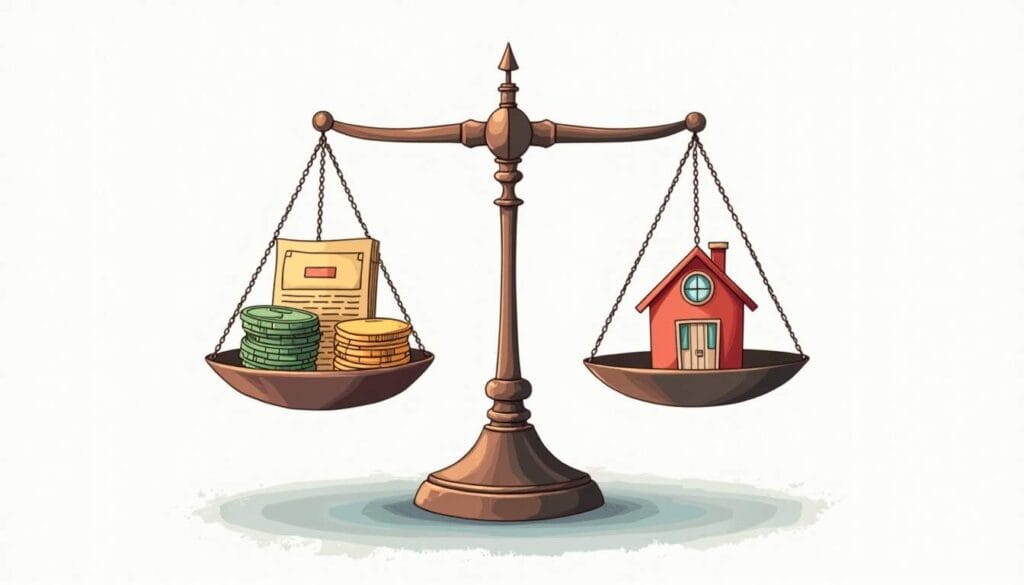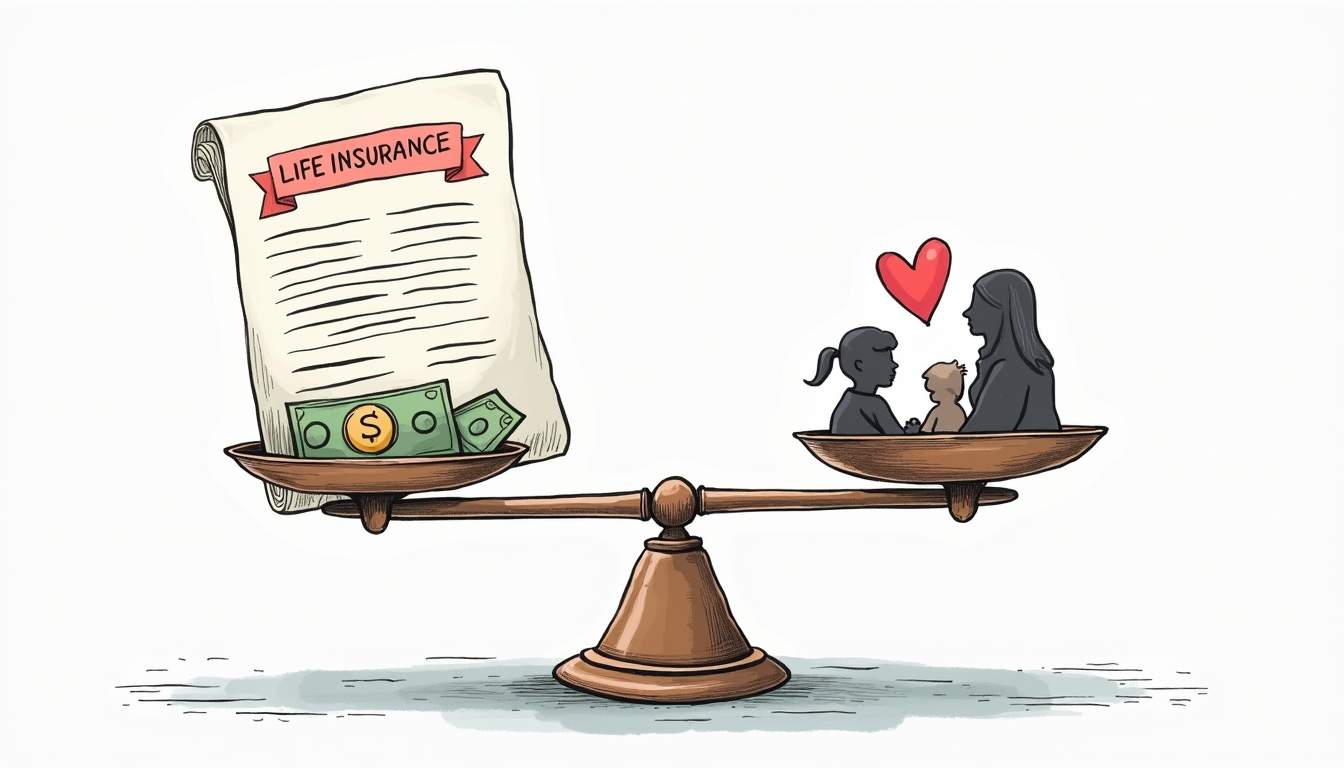
Life insurance can sometimes feel like a safety net that you no longer need, or perhaps you encounter financial challenges that make selling your policy seem like a viable option. This article will walk you through the intricacies of selling your life insurance policy, discussing the pros and cons, potential reasons for selling, and alternatives. Whether you’re uncertain about the legality or the impact it could have on your financial future, we’ve got you covered. Others may wish to offload unnecessary insurance, particularly if they find themselves in a situation where premiums are becoming burdensome. Additionally, changes in family dynamics, such as children becoming financially self-sufficient, can necessitate a reevaluation of one’s life insurance needs.
Others may wish to offload unnecessary insurance, particularly if they find themselves in a situation where premiums are becoming burdensome. Additionally, changes in family dynamics, such as children becoming financially self-sufficient, can necessitate a reevaluation of one’s life insurance needs.
How Selling Your Life Insurance Works
When you opt to sell your life insurance policy, you’re typically engaging in a life settlement transaction. This process involves selling your policy to a third party for a lump sum of cash that is less than the death benefit but more than the surrender value. The buyer then takes over the premium payments and becomes the policy beneficiary.The mechanics of this transaction can vary based on the specific type of policy and the terms laid out in the agreement. The process usually starts with an evaluation of the policy’s value, involving medical underwriting and assessing the insured’s life expectancy. Reputable life settlement providers will ensure that you fully understand the financial implications before proceeding. This evaluation process can be quite detailed, often requiring access to medical records and possibly even a physical examination to accurately gauge the insured’s health status. The more information you provide, the more precise the valuation will be, which can ultimately affect the cash offer you receive.Additionally, it’s important to consider the timing of the sale. Life settlements can be more advantageous when the insured is older or has developed health issues, as these factors can increase the policy’s value. However, selling too early, when the insured is still in good health, may not yield the best financial outcome. Therefore, it’s crucial to weigh the pros and cons carefully and to consult with financial advisors who can provide insights tailored to your unique situation.Is Selling My Policy Legal?
Yes, selling your life insurance policy is legal. Each state has its regulations governing life settlements, and it’s essential to ensure that the transaction is compliant with these laws. Consulting a legal expert or a seasoned life settlement expert will help clarify the legality and process based on your location.For added peace of mind, it’s vital to work with licensed brokers who specialize in life settlements, as they can navigate the legal landscape on your behalf. This also helps in avoiding potential pitfalls and ensuring that your rights as a policyholder are protected throughout the transaction. Furthermore, understanding the tax implications of selling your life insurance policy is crucial, as the proceeds may be subject to taxation depending on the amount received and your overall financial situation. Engaging a tax professional can provide clarity on how the sale will impact your tax obligations, allowing you to make a more informed decision about whether selling your policy is the right move for you.Reasons for Selling a Life Insurance Policy
Individuals may choose to sell their life insurance policies for various reasons, each influenced by unique financial situations or life changes. Some common reasons include the need for immediate cash flow to cover medical expenses, retirement funding, or even business investments. Others may wish to offload unnecessary insurance, particularly if they find themselves in a situation where premiums are becoming burdensome. Additionally, changes in family dynamics, such as children becoming financially self-sufficient, can necessitate a reevaluation of one’s life insurance needs.
Others may wish to offload unnecessary insurance, particularly if they find themselves in a situation where premiums are becoming burdensome. Additionally, changes in family dynamics, such as children becoming financially self-sufficient, can necessitate a reevaluation of one’s life insurance needs.Pros of Selling Your Life Insurance Policy
Selling your life insurance policy can provide a range of benefits that go beyond mere financial gain. Below are some of the most compelling advantages to consider.Immediate Cash Benefits
One of the most enticing reasons to sell your life insurance policy is the immediate infusion of capital. This is particularly valuable for individuals facing unexpected expenses, such as mounting medical bills or urgent repairs.The cash you receive can provide a significant financial cushion, allowing you to address pressing matters without the worrying thoughts of unpaid bills or debt. This immediate liquidity can be life-transforming, and when leveraged wisely, could even open doors to new financial opportunities.Relieving Financial Burdens
Selling a life insurance policy can act as a solution to relieving ongoing financial burdens. Instead of continuing to pay premiums on a policy that may no longer serve your needs, selling it allows you to liberate resources that can be better utilized elsewhere.In essence, you regain control over your financial future by converting an asset that has become a liability into cash you can use for other important things in life.Better than Lapsing
Allowing your policy to lapse can result in the loss of the coverage you’ve paid for, which might have severe emotional and financial repercussions. Instead of giving up, selling offers a way to monetize what you have already invested.This is especially crucial for older policyholders or those who may not have beneficiaries in mind. Selling your policy captures value while you can still benefit from it, rather than allowing it to vanish into thin air.Cons of Selling Your Life Insurance Policy
While there are several advantages to selling your policy, it’s also essential to weigh the potential drawbacks.Loss of Death Benefit
The most significant downside to selling your life insurance policy is the loss of the death benefit. Once the policy is sold, the new owner will receive the payout upon your passing, leaving your loved ones without that financial safety net.This can lead to a considerable gap in your family’s financial planning and security, so it is crucial to consider the long-term impact before making this decision.Potential Tax Implications
Another critical consideration is the tax implications of selling your life insurance. Depending on your specific financial situation, the cash received from the sale may be subject to income tax, which could diminish the overall benefit of the transaction.Consulting with a tax professional before proceeding with the sale can provide insight into potential liabilities and help you prepare for any tax consequences that might arise.Alternatives to Selling Your Life Insurance Policy
If selling your policy doesn’t seem like the right fit, several alternatives can provide financial relief without the drawbacks associated with sale.
